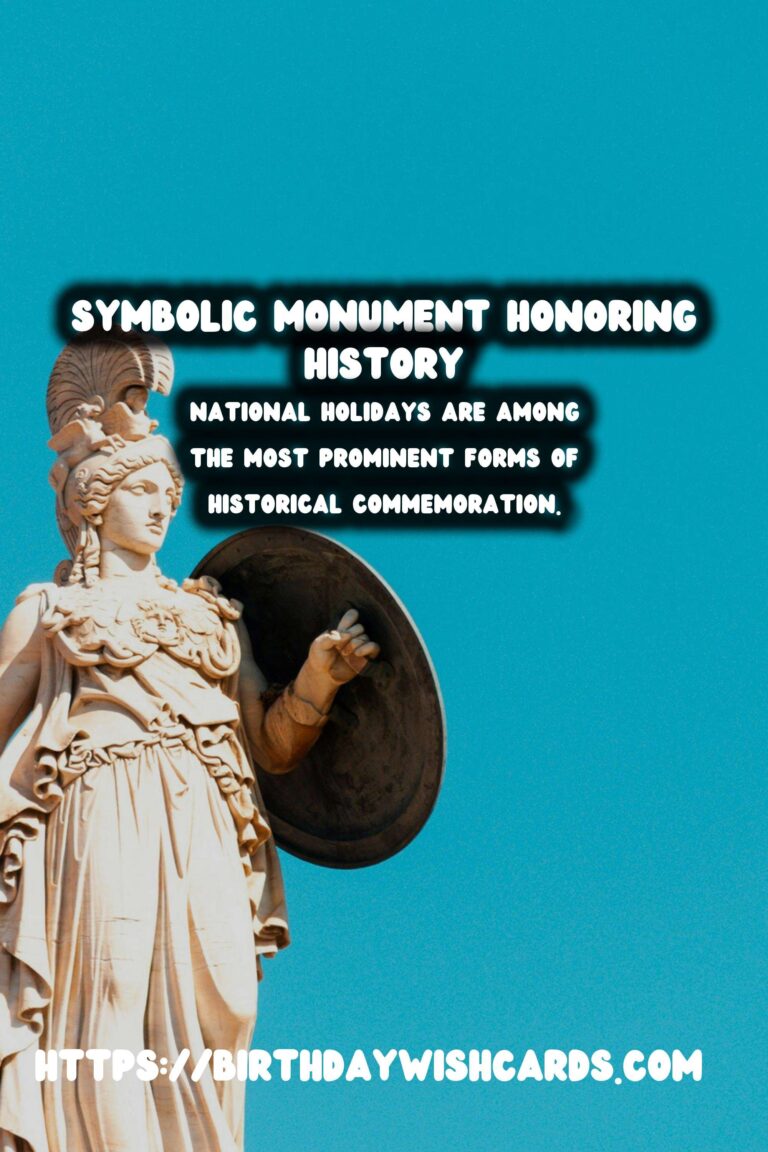
Historical commemorations play a significant role in shaping and reinforcing national identity. They serve as poignant reminders of both triumphs and tribulations, etching historical moments into the collective memory of a nation’s people. From parades to public holidays, these commemorations are not merely passive events; they are active engagements with the past, with profound implications for present and future identities.
The Purpose of Historical Commemorations
At their core, historical commemorations serve several purposes. They honor the past by recalling historical events and figures, ensuring that their contributions and impacts are not forgotten. These events are educational, providing an opportunity for citizens to learn about their history in context and depth. Additionally, they foster a collective identity among people by emphasizing shared history and values, bridging generational gaps with a common narrative.
Commemorations and the Formation of Collective Memory
One of the strongest impacts of historical commemorations is on the collective memory of a population. Collective memory refers to how groups remember past events, often defining the identity of a nation. By commemorating certain events, societies choose which narratives to prioritize, often emphasizing those that unite the populace under a common cause or theme. This selection process is crucial for nation-building, as it solidifies the events that are deemed essential for teaching future generations.
Significance of National Holidays
National holidays are among the most prominent forms of historical commemoration. They provide a ritualistic framework where citizens engage in longstanding traditions that reflect their national values. Whether Independence Day celebrations with fireworks and parades, or solemn reflections during Memorial Day, each occasion underscores aspects of the national character and past struggles.
Educating and Inspiring Future Generations
Another vital role of commemorations is education. These events offer immense educational value as they often coincide with educational campaigns in schools, media, and public platforms. By engaging with the nation’s past through commemorations, individuals—especially the youth—gain insights into the struggles and achievements that have shaped their present. This educational aspect not only informs but can also inspire future generations to build upon the legacy left behind.
The Role of Governments and Institutions
Governments and institutions often spearhead the organisation of national commemorations. This role is crucial as it involves decisions about which events are worthy of commemoration and how they should be represented. Through museums, public debates, events, and ceremonies, states play a dominant role in crafting a narrative that is both inclusive and inspiring. However, this also comes with the responsibility to ensure that such commemorations are accurate and do not exclude alternative perspectives that could also offer valuable insights into the nation’s past.
The Controversies in Commemoration
While historical commemorations aim to unify, they can sometimes become arenas of contention and debate. Diverse perspectives on historical events can lead to disputes over how—or even whether—certain events should be commemorated. These debates are particularly prevalent in multicultural societies where different groups may have differing views on historical narratives. Such controversies can, however, play a positive role by inviting dialogue and leading to more inclusive representations of history.
Commemorations in a Globalized World
In today’s interconnected world, the nature of national commemorations is evolving. With global media coverage, many national commemorations are not just internal affairs but participate in a global dialogue. They offer opportunities for nations to position themselves within the global community, showcasing not only how they see their past but also how they wish to be perceived by the world.
Future Perspectives on Commemoration Practices
Looking forward, the practice of historical commemoration is likely to face new challenges and opportunities. The rise of digital technology offers innovative ways to engage with history, from virtual reality experiences to online commemorative platforms. These technologies can broaden participation, making commemorations more accessible and engaging for younger generations, and allowing for a more nuanced engagement with the past.
In conclusion, historical commemorations remain a cornerstone in shaping national identity. They offer a vital link between past, present, and future, fostering unity and understanding among diverse groups. While they may spark controversy and debate, these discussions are vital for a dynamic and inclusive national narrative. As we continue to evolve in an increasingly interconnected world, the ways we commemorate may change, but the need to remember and reflect on our shared history remains as important as ever.
Historical commemorations play a significant role in shaping and reinforcing national identity. National holidays are among the most prominent forms of historical commemoration. 
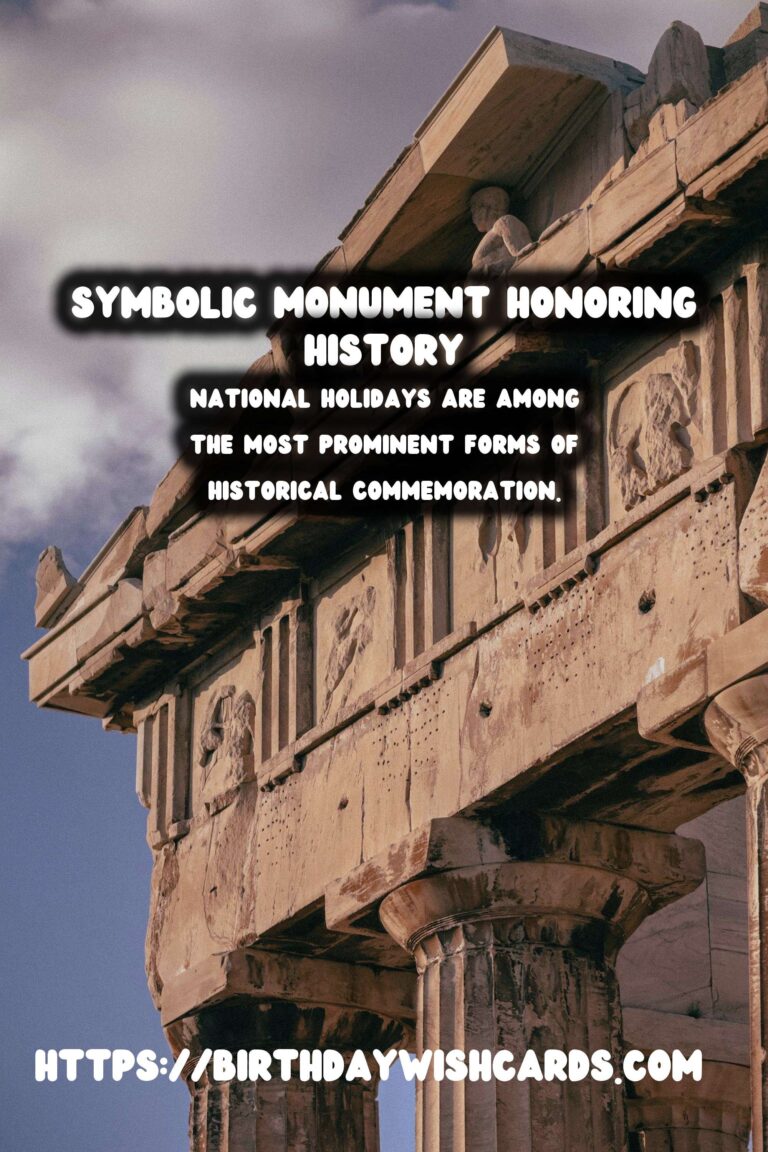
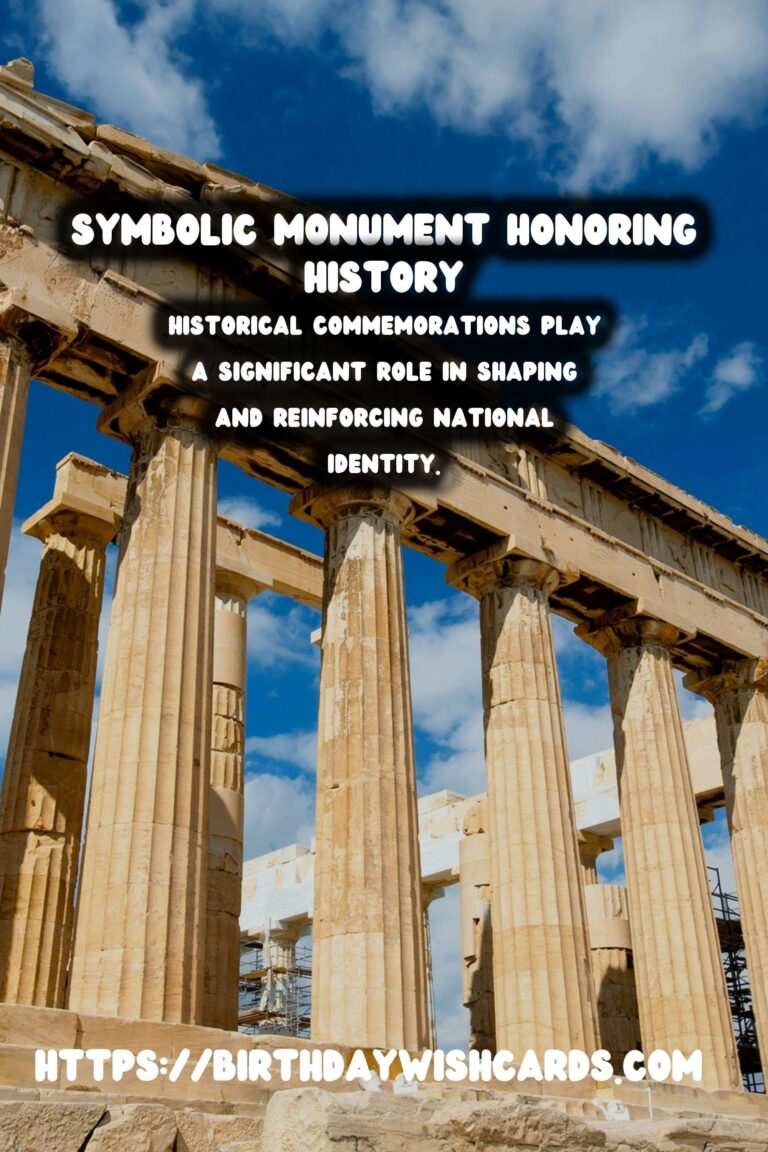
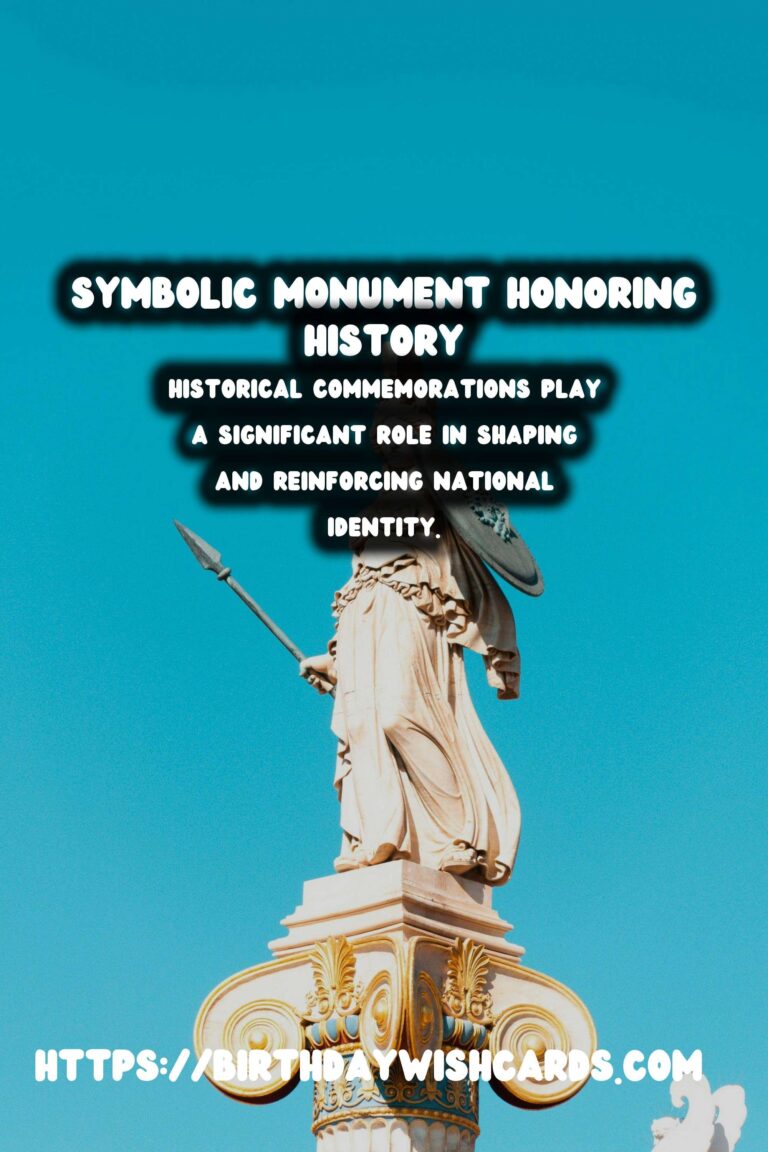
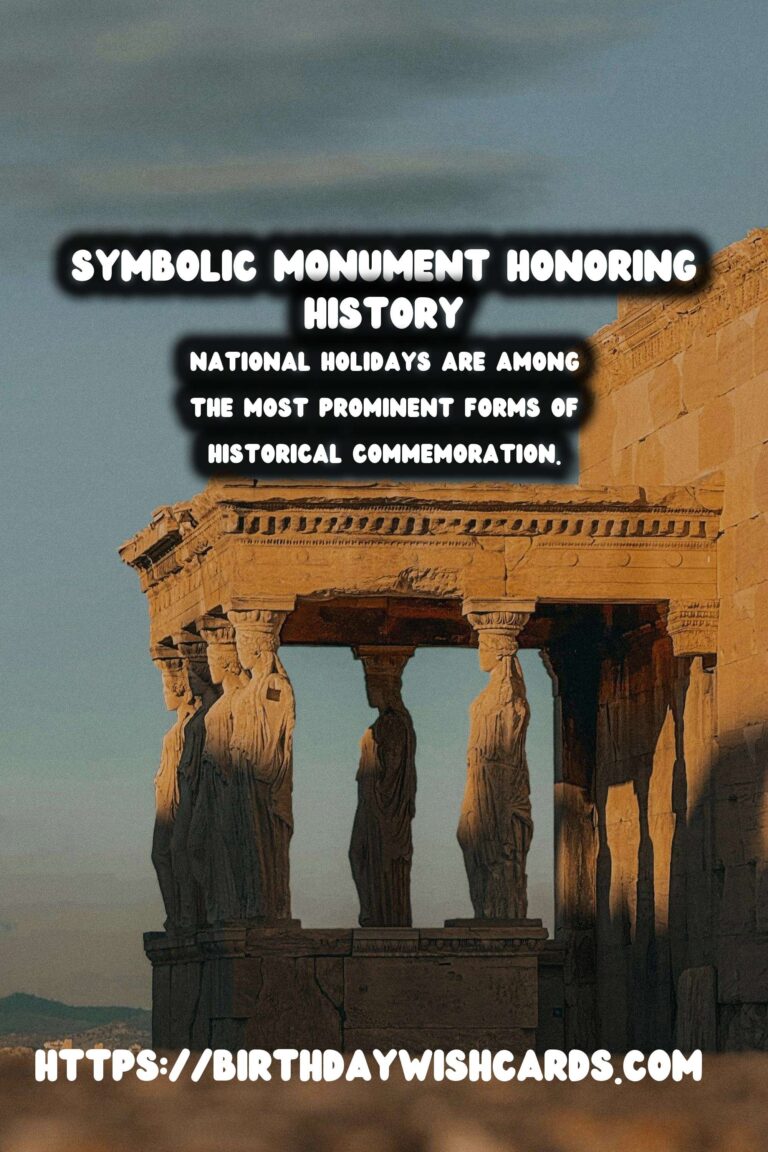
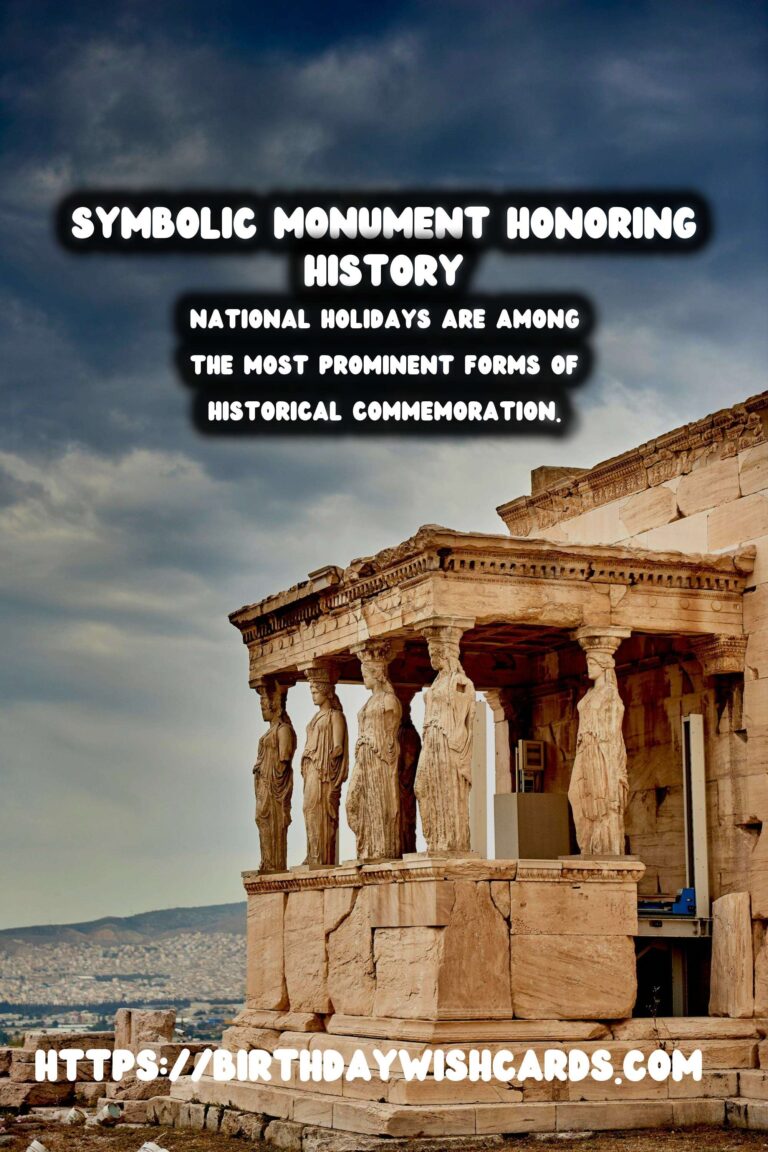
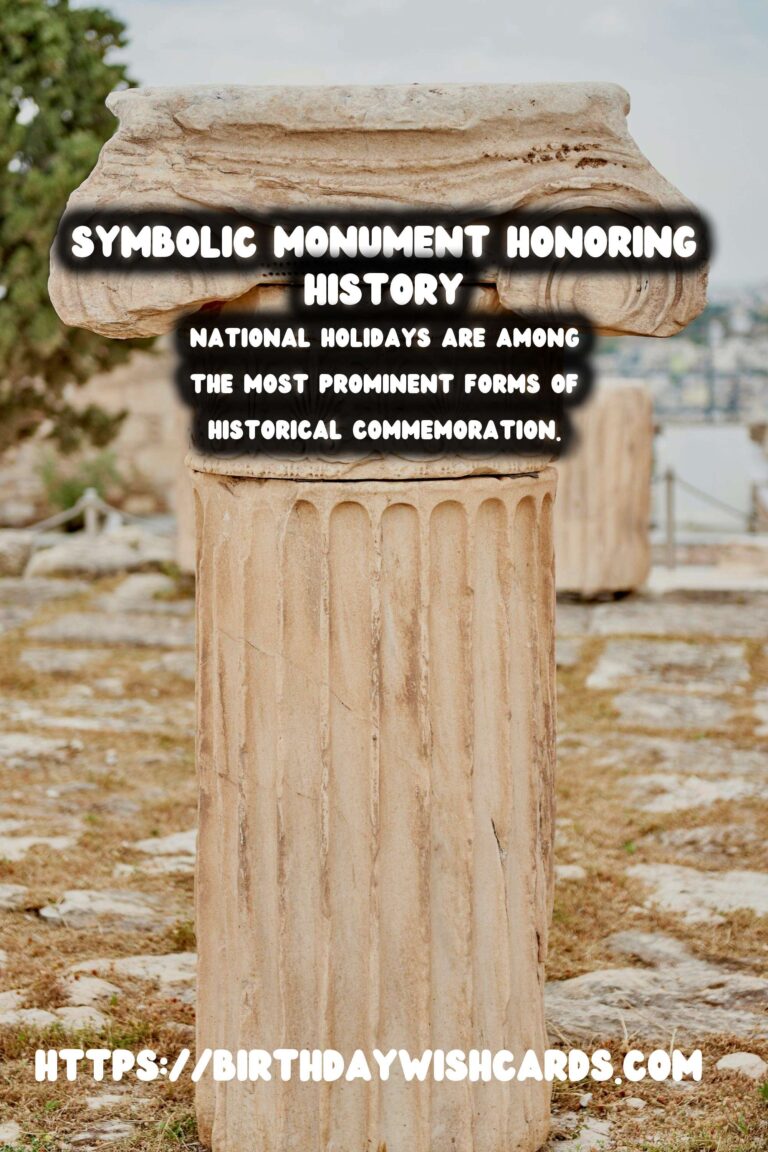
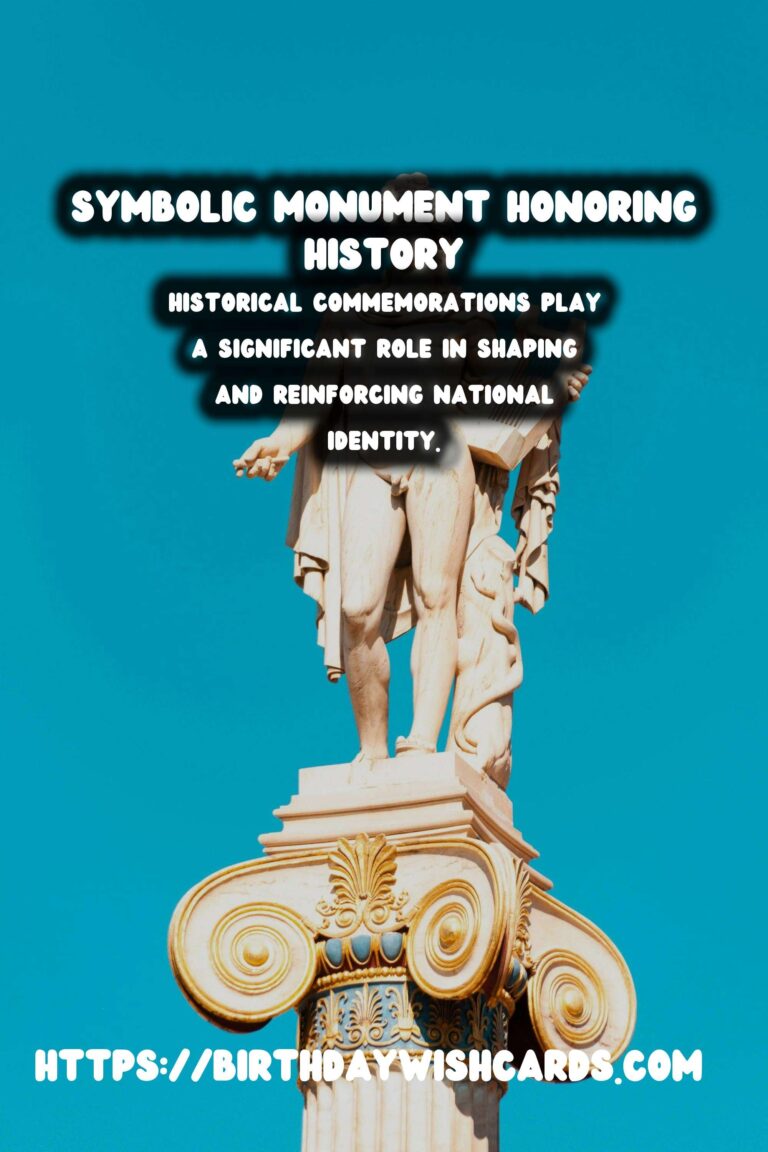
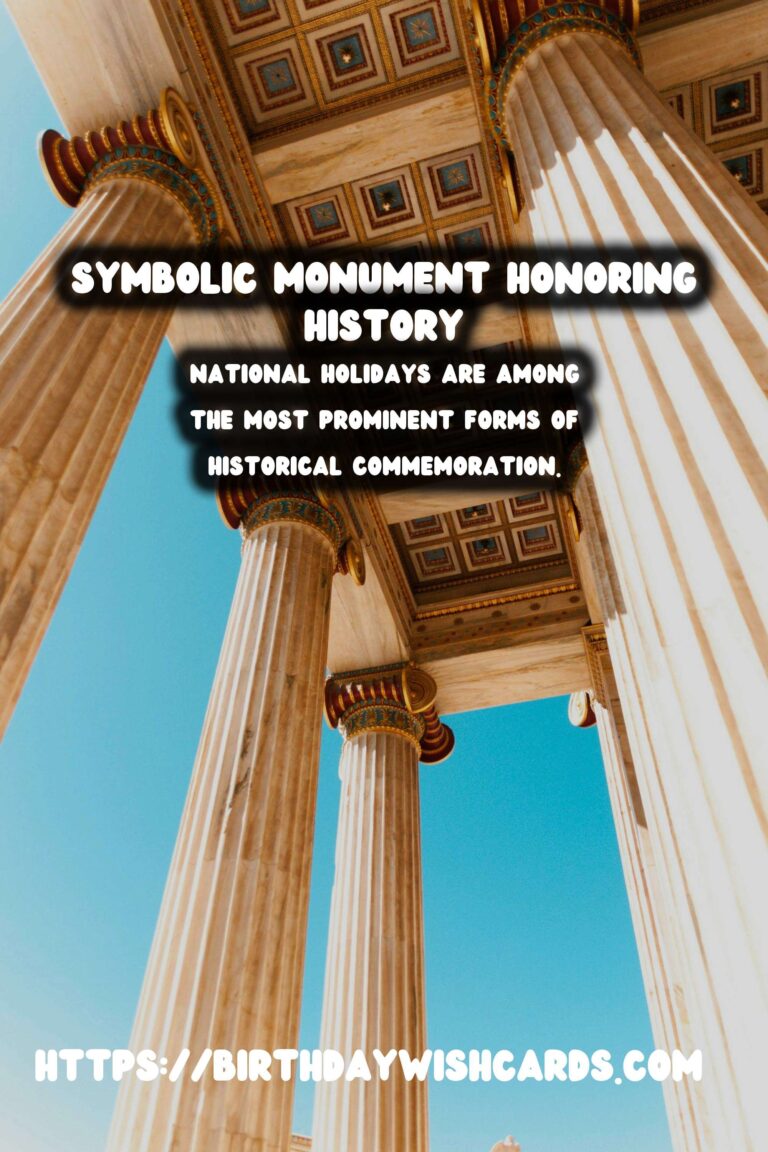
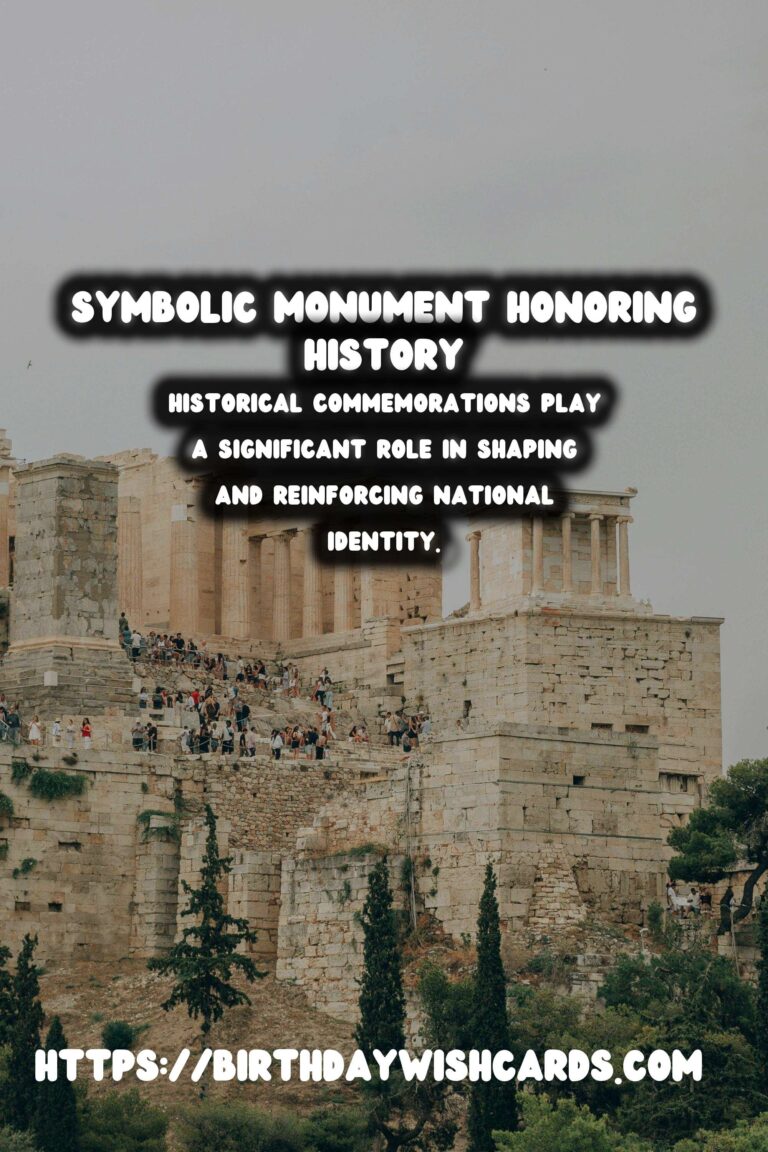
#HistoricalCommemoration #NationalIdentity




